Changing the Narrative Part III
Part of the victimization of human trafficking, regardless of labor or commercial sexual exploitation, is power and control over the victim. Often abusers force their victims to commit crimes and use the threat of law enforcement action to force continued compliance. When evaluating a client’s case for charges that may seem unrelated to trafficking such as drug sales, forgery, theft, etc, it’s important to determine whether the client had control over their own actions or was under the coercion or control of a trafficker. This training will explore this duality that allows abusers to use the criminal legal system as an accomplice in furthering a victim’s trauma. We will discuss definitions, the psychology of power and control, discuss how to screen for this complex issue and offer sample cases. This training is intended for attorneys, advocates, social services providers, defense attorneys, prosecutors and law enforcement.
